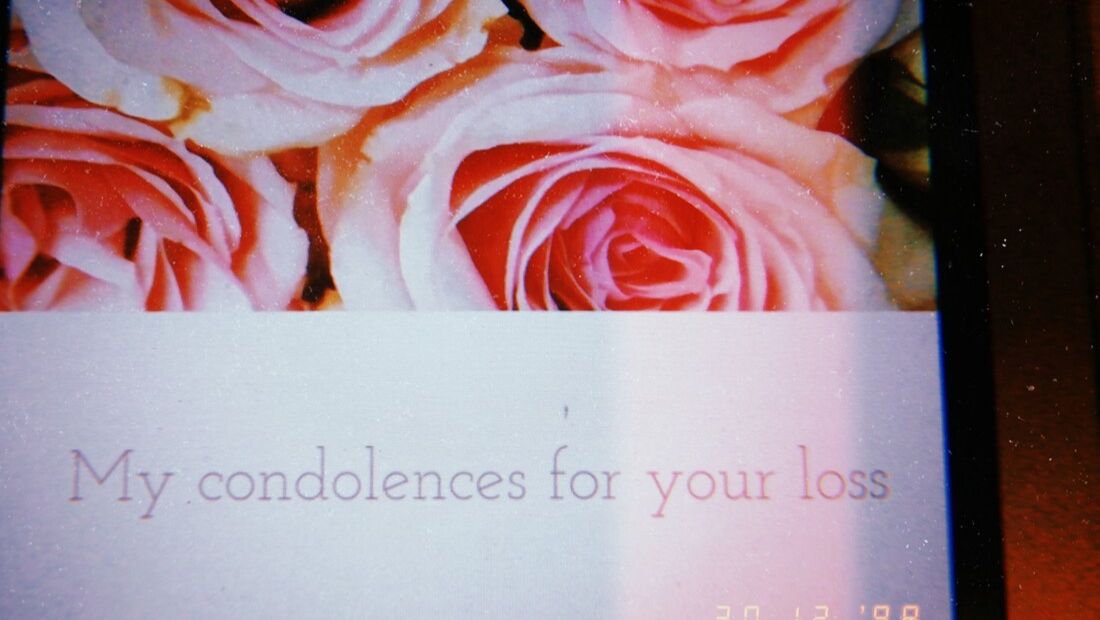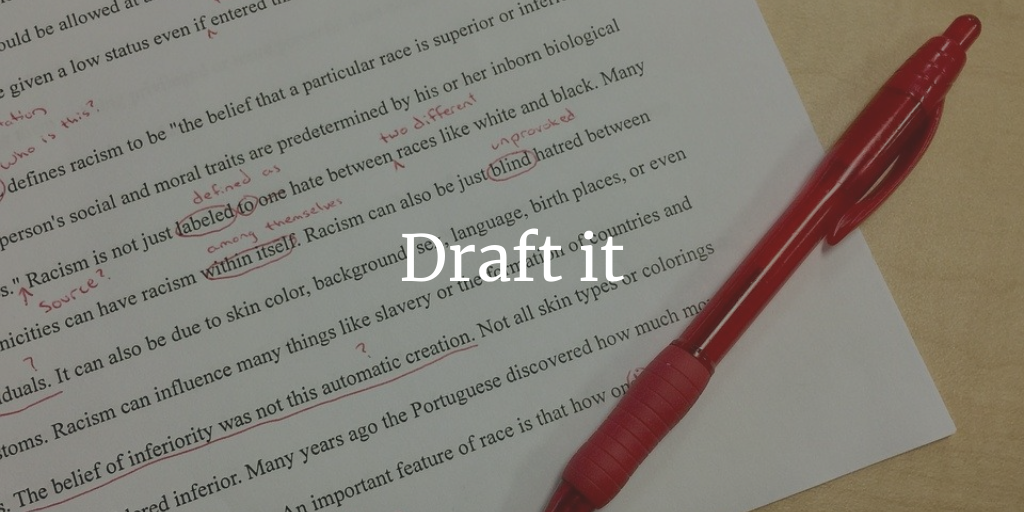|
About 20 years ago, a friend died. Though not unexpected, the news sent shockwaves of surprise through our network of friends. Wishing to convey my sympathies to her family, but unable to attend her funeral; I did the best I could, sending flowers and a sympathy card. What I wrote in that card makes me shudder to this day. It was clumsy, messy; and to my lasting shame, focused on my own feelings more than her family's. To save you those years of red-faced regret, this post gives the benefit of all the mistakes, research and ideas I've accumulated in the years since. Cards aren't the easiest way to express your sympathies. Telephone, social media, and email are faster, cheaper and far more convenient. Sending a card, shows the recipient, you consider their loss worth that extra time and effort and it will be appreciated. Send it as soon as you can. Sincerity doesn't have a half-life, and a well-considered card or letter received weeks later can still mean a great deal. It just won’t ‘be there’ when needed most. Sometimes, this can’t be helped. If you’ve only recently heard the sad news, explain this in your message. Don't waste hours trying to find the 'perfect' card. It doesn't exist and it doesn't matter. Generations have placed their cards on windowsills, mantelpieces; anywhere prominent. None of these enjoyed that pride-of-place for their artistic value. So long as you avoid anything entirely inappropriate, any card will do. It’s the content that matters. Some prefer the cleanliness of a digital screen; free from crossings-out, eraser crumbs, or Tippex. Others find the tactile connection of pen on paper unleashes their creativity. Whichever route you choose, your message will be much improved for taking that little extra time to draft it first. Anyone can type a message; but only you can write in your own, unique hand. Writing a card by hand conveys sincerity. How to start it:
Here are a few examples to get you going: “We're so sorry to hear of your loss.” “We’re so sorry to hear about Gary’s passing.” “We were saddened to hear your Gary has passed away.” “We were heartbroken to learn Gary is no longer with us.” “He was the bravest officer I ever had the privilege to work with.” “He was by far the most intelligent person I’ve ever met.” “If there’s a fairer, more decent person; I’ve never heard of them.” What to write about. Tell them about the person who died. As anyone who’s attended a wake knows, relatives love hearing all they can about them. Tell a story about them. How you met them, or a memorable situation: “I’ll never forget when he asked your mum out. He’d been stood in donkey poop the whole time.” “First time I saw him, he was just 16 years old. Yet there he was, dragging our ‘immovable’ anvil across the shop floor like it was a skateboard.” What you write needn’t be new to them. The aim is to prompt images and pleasant memories of that person in their minds. Tell them what you'll miss about that person. “I’ll miss that booming, genuine belly-laugh.” “I’ll miss his gift for retelling the most mundane events as epic tales.” “I’ll miss how his mere presence somehow made the evening better.” Tell them what will remind you of that person. “Whenever I think of those happy times, I’ll remember your dad and smile.” “Whenever I hear a Billy Joel song, I’ll picture him just… beaming; and dancing in the living room.” How to finish your message. “Please know we’re thinking of you and your family.” “We’re lucky for having known him and to have considered him a friend.” “While I mourn his passing, I’ll also remember a remarkable life.” “Your dad was an amazing man. It was my absolute privilege to have known him.” Quotes can often encapsulate your feelings in just a few words. “Those we have held in our arms for a short while we hold in our hearts forever.” – Unknown “Those we love and lose are always connected by heartstrings into infinity.” – Terri Guillemet. Things to avoid
Offers of help: be specific and only offer what you can commit to. Though written in earnest, beware of writing vague offers of help:
Not only can such sentences come across as throwaway comments; they could force you to make embarrassing retractions. Be specific:
|
AuthorJoin me on a journey to learn more about the end of life, death, and funerals; all from a positive perspective. Archives
December 2020
Categories |







 RSS Feed
RSS Feed